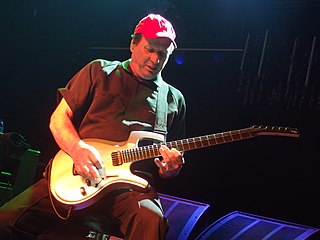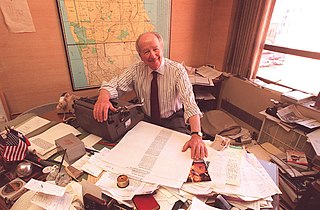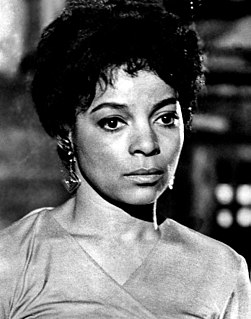A Quote by Aaron Koblin
They say an elephant never forgets. Well, you are not an elephant. Take notes, constantly. Save interesting thoughts, quotations, films, technologies... the medium doesn't matter, so long as it inspires you.
Related Quotes
They say an elephant never forgets. Well, you are not an elephant. Take notes, constantly. Save interesting thoughts, quotations, films, technologies…the medium doesn't matter, so long as it inspires you. When you're stumped, go to your notes like a wizard to his spellbook. Mash those thoughts together. Extend them in every direction until they meet.
But as the work proceeded I was continually reminded of the fable about the elephant and the tortoise. Having constructed an elephant upon which the mathematical world could rest, I found the elephant tottering, and proceeded to construct a tortoise to keep the elephant from falling. But the tortoise was not more secure than the elephant, and after some twenty years of very arduous toil, I came to the conclusion that there was nothing more that I could do in the way of making mathematical knowledge indubitable.
The mind is divided, like a rider on an elephant, and the rider’s job is to serve the elephant. The rider is our conscious reasoning-the stream of words and images of which we are fully aware. The elephant is the other 99 percent of mental processes-the ones that occur outside of awareness but that actually govern most of our behavior.
Suppose you came across a woman lying on the street with an elephant sitting on her chest. You notice she is short of breath. Shortness of breath can be a symptom of heart problems. In her case, the much more likely cause is the elephant on her chest. For a long time, society put obstacles in the way of women who wanted to enter the sciences. That is the elephant. Until the playing field has veen leveled and lingering stereotypes are gone, you can't even ask the question.
This is what metaphor is. It is not saying that an ant is an elephant. Perhaps; both are alive. No. Metaphor is saying the ant is an elephant. Now, logically speaking, I know there is a difference. If you put elephants and ants before me, I believe that every time I will correctly identify the elephant and the ant. So metaphor must come from a very different place than that of the logical, intelligent mind. It comes from a place that is very courageous, willing to step out of our preconceived ways of seeing things and open so large that it can see the oneness in an ant and in an elephant.






































